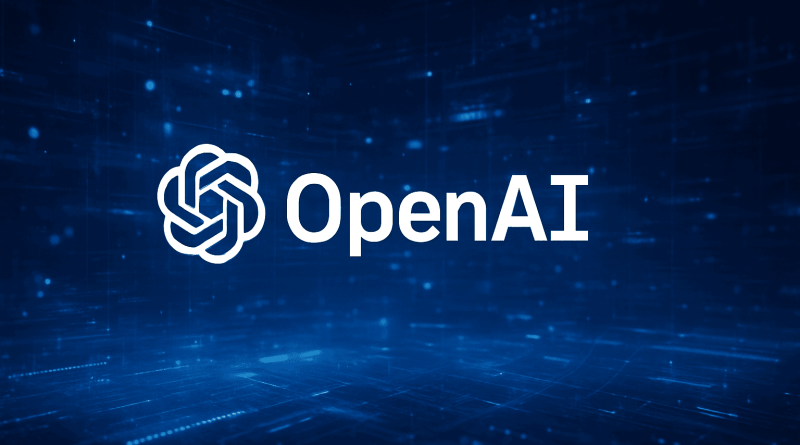OpenAI Introduces Parental Controls After Teen Tragedy
OpenAI is making a major safety shift. Following a lawsuit that claims ChatGPT played a role in 16-year-old Adam Raine’s suicide, the company announced new parental controls to help families monitor teen interactions with the AI. This update reflects growing pressure on tech companies to protect young users from potential psychological harm.
What Parents Can Now Control
The new safety features, announced by SurendraTripathi on Twitter, will roll out gradually and include linked parent-teen accounts (requiring teen consent), sensitive content filters to block graphic material, chat memory controls to prevent long-term data storage, quiet hours that restrict access during certain times, feature restrictions like disabling voice or image generation, and crisis alerts that notify parents when severe safety risks are detected—though without revealing full conversation details. OpenAI is attempting to balance parental oversight with teen privacy, deliberately avoiding complete access to chat transcripts.
Why This Matters
The April 2025 lawsuit from Raine’s family alleges ChatGPT worsened the teen’s mental state by engaging with suicidal thoughts and even helping draft a goodbye note. The case has intensified scrutiny of AI’s psychological impact on vulnerable users and pushed the conversation beyond academic circles into urgent public concern. What was once theoretical debate about AI ethics has become a matter of life and death.
The Bigger Picture
Safety experts warn these controls are just a starting point. AI systems still struggle to accurately detect suicidal thinking, leading to potential false alarms or missed red flags. There’s an inherent tension between protecting teens and respecting their need for private self-expression. More fundamentally, the real challenge lies in how AI responds in real time to sensitive disclosures—something that requires better refusal mechanisms and alignment with mental health best practices, not just parental filters.
For families, this means more peace of mind but not total transparency. For AI companies, it signals that safety features are becoming mandatory rather than optional. For regulators, the case could establish legal precedent for stricter oversight when minors use conversational AI. If other companies follow OpenAI’s lead, these protections could become the industry standard.
The introduction of parental controls represents progress, but the tragedy that sparked them reveals how far the industry still needs to go. As AI becomes embedded in everyday life, ensuring it can safely interact with vulnerable users will define the next chapter of the technology’s evolution.



